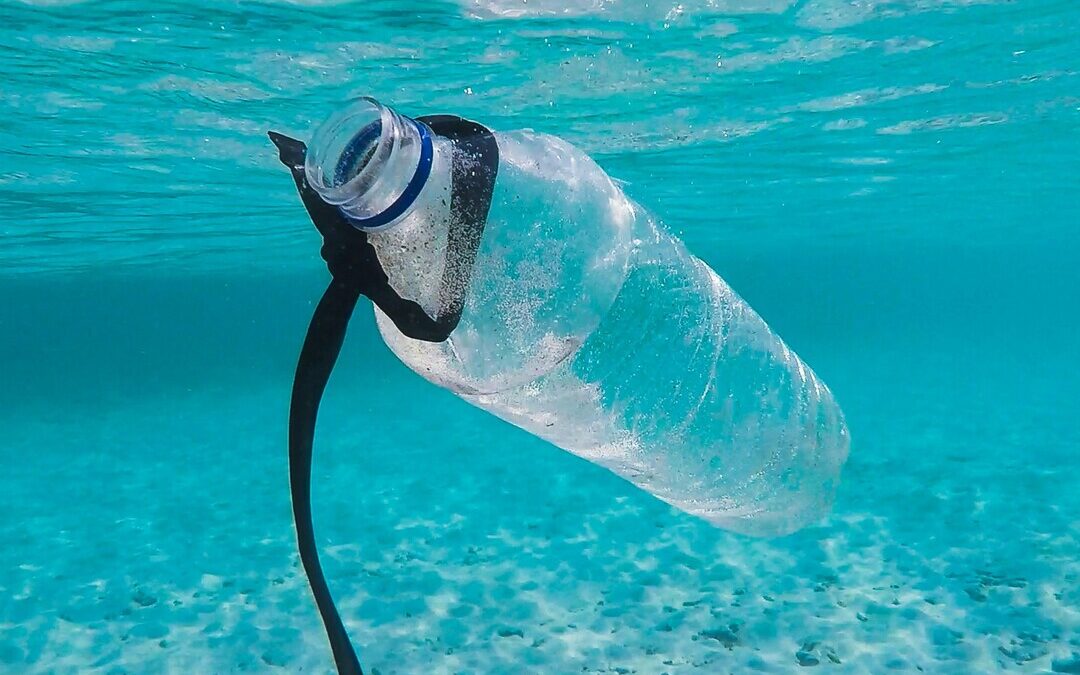Six Global Development Banks Launch $3.4B Effort to Fight Ocean Pollution
Development banks commit €3 billion through 2030 to fight marine plastic pollution and support circular economy solutions.
Six public development banks on Monday launched an expanded phase of the Clean Oceans Initiative 2.0, pledging €3 billion ($3.4 billion) in new funding between 2026 and 2030 to combat plastic pollution in the world’s oceans.
Unveiled at the United Nations Ocean Conference in Nice, the renewed initiative brings together founding members Agence Française de Développement, European Investment Bank, Kreditanstalt für Wiederaufbau, Cassa Depositi e Prestiti and European Bank for Reconstruction and Development.
The initiative also included a new partner, Asian Development Bank, which brings added regional expertise in the Asia-Pacific region.
Expanded Scope and Focus on Prevention
First launched in 2018 and extended in 2022, the Clean Oceans Initiative has already mobilized €4 billion — seven months ahead of its 2025 target — to finance public and private sector projects, reducing plastic and waste discharges into oceans through better management of solid waste, wastewater and stormwater.
COI 2.0 will maintain its core focus on reducing marine litter while expanding efforts to support waste prevention and circular economy solutions, such as projects promoting alternatives to plastics.
“The new phase represents a more proactive approach, emphasizing upstream solutions in addition to waste management,” said representatives at the launch event. “This shift reflects growing urgency as plastic waste entering aquatic ecosystems is projected to triple by 2040.”
Regional Focus and Impact Metrics
With some of the highest levels of ocean plastic originating in Asia, ADB’s involvement is seen as a key strategic move to strengthen the initiative’s regional impact.
“Asia and the Pacific are home to the world’s richest marine biodiversity but also face some of the most urgent ocean threats,” said Fatima Yasmin, ADB vice-president for sectors and themes. “Through the Clean Oceans Initiative, we aim to unlock scaled-up investments that integrate ocean health across key sectors.”
The ADB has already committed nearly $4 billion in ocean-related investments through its Healthy Oceans Program since 2019, with about 45 percent of the focus on waste and wastewater management.
The bank will now also support the development of scientifically robust, user-friendly indicators to track progress on plastic pollution prevention under COI 2.0.
Global Momentum for Marine Sustainability
According to the United Nations, without intervention, plastic waste entering oceans could rise from 11 million tonnes in 2021 to between 23 and 37 million tonnes annually by 2040.
The Clean Oceans Initiative is currently the largest multilateral effort dedicated to funding solutions to this crisis.
Past projects funded under the initiative include wastewater treatment in China, Egypt, South Africa, and Sri Lanka; solid waste systems in Senegal and Togo; and flood protection in Benin, Ecuador, and Morocco.
With its expanded goals and enhanced partnerships, COI 2.0 aims to drive systemic change across global waste management practices at a scale that matches the urgency of the marine pollution crisis.
Also Read:
French Startup Amphitrite Uses AI to Improve Maritime Shipping, Ocean Cleanup
Nirmal Menon
Related posts
Subscribe
Error: Contact form not found.


